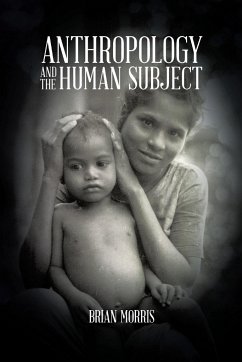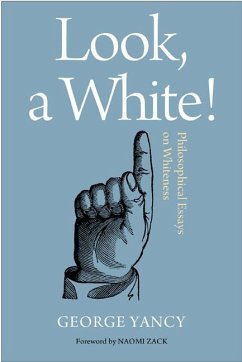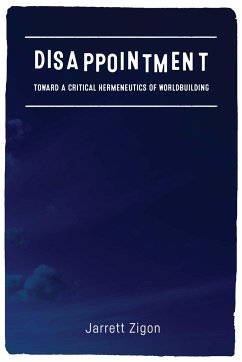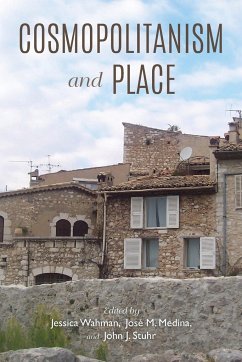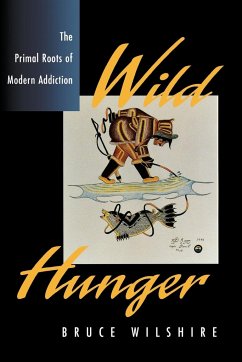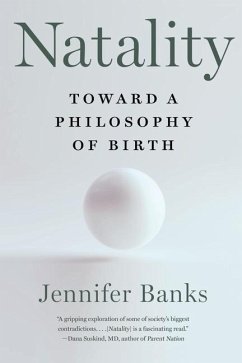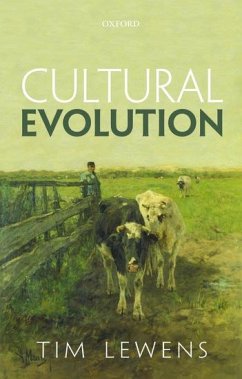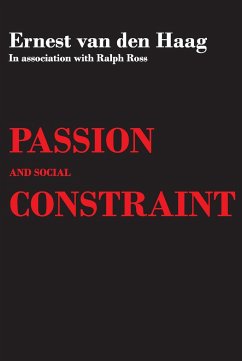Nicht lieferbar

Understanding Commodity Cultures
Explorations in Economic Anthropology with Case Studies from Mexico
Versandkostenfrei!
Nicht lieferbar
This book explores how lived experience is informed by and shapes the diversifying funds of knowledge that enable people under economic stress to make culturally-informed choices in their material interest. By selectively reviewing the economic anthropological record and critically examining specific studies in several of Mexico's (and Guatemala's) key regions, as well as the U.S.-Mexico borderlands and the new trans-border space in the U.S. and Canada for Mexican migrant labor, the author encourages readers to critically rethink their views of economic otherness in Mexico (and, by extension, ...
This book explores how lived experience is informed by and shapes the diversifying funds of knowledge that enable people under economic stress to make culturally-informed choices in their material interest. By selectively reviewing the economic anthropological record and critically examining specific studies in several of Mexico's (and Guatemala's) key regions, as well as the U.S.-Mexico borderlands and the new trans-border space in the U.S. and Canada for Mexican migrant labor, the author encourages readers to critically rethink their views of economic otherness in Mexico (and, by extension, elsewhere in Latin America and the Third World), and presents a new framework for reconciling the continuing attraction of concepts like 'penny capitalism' with the realities of a world ever more subjected to continental and global market projects of 'Dollar Capitalism'.




